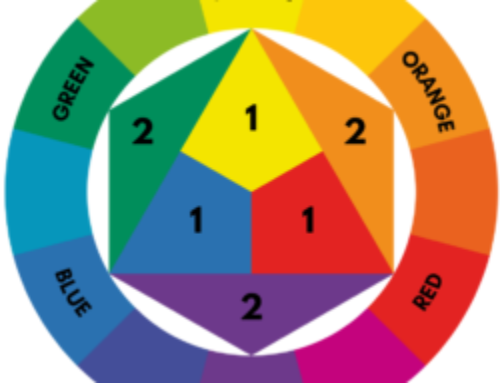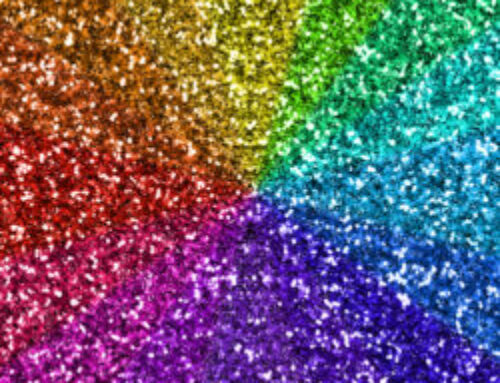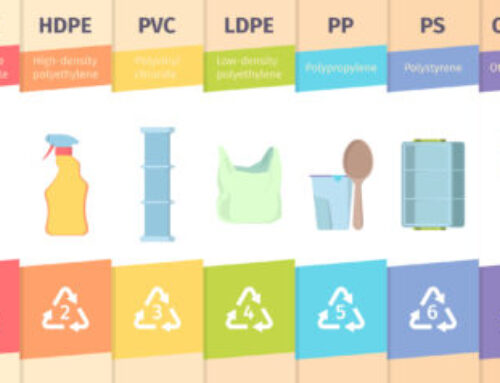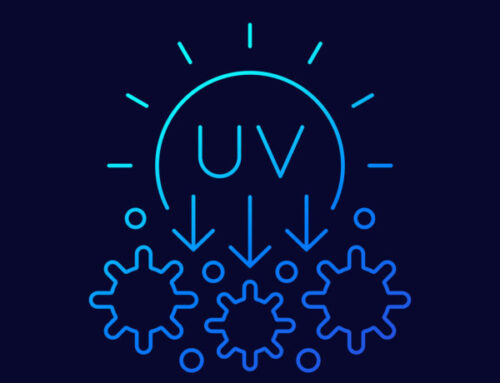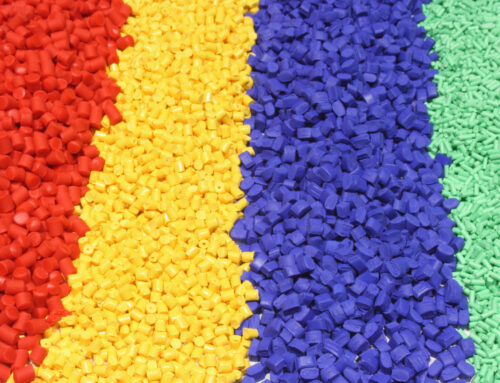FDA (U.S. Food and Drug Administration) approved plastics and resins are materials that have been deemed safe for use in contact with food and pharmaceuticals, ensuring that they do not contaminate the products they come into contact with. These materials undergo rigorous testing to meet FDA standards. Non-FDA approved plastics and resins, on the other hand, have not gone through this specific certification process and are generally not recommended for use in food or pharmaceutical applications. It’s crucial to use the appropriate materials to ensure safety and compliance with regulations in each specific application.
Common examples and use cases for FDA-approved plastics & resins:
- Food Packaging: FDA approved plastics and resins are commonly used in the production of food packaging materials such as containers, wraps, and bags. They must not leach harmful substances into the food they come into contact with.
- Pharmaceutical Packaging: Medications and medical devices often use FDA approved materials to ensure that there is no contamination of the pharmaceutical products, ensuring patient safety.
- Medical Devices: FDA approved plastics and resins are used in the manufacturing of medical devices such as syringes, IV bags, and surgical instruments to avoid adverse reactions in patients.
- Food Processing Equipment: Materials like stainless steel, FDA approved plastics, and resins are used in food processing equipment, including conveyor belts, cutting boards, and utensils to maintain food safety standards.
- Beverage Containers: FDA approved plastics are used in the production of bottles, caps, and closures for beverages, ensuring that no harmful chemicals migrate into the drinks.
- Cosmetic Packaging: Containers for cosmetics and personal care products often use FDA approved plastics to prevent the contamination of these products.
- Kitchen Utensils and Cookware: Kitchen items, like spatulas, measuring cups, and pots and pans, are often made with FDA approved plastics and resins to ensure they are safe for food contact.
Use Cases for Non-FDA Approved plastics & resins:
- Industrial and Non-Food Packaging: Non-FDA approved plastics and resins are typically used in industrial applications, including construction, automotive, and general-purpose packaging, where direct food contact is not a concern.
- Construction Materials: These materials are used in construction applications like pipes, electrical insulation, and non-food-related infrastructure.
- Electronics: Non-FDA approved plastics are used in electronic devices, cases, and components, as there is no direct contact with food or pharmaceuticals.
- General Manufacturing: Industries that do not involve food, pharmaceuticals, or personal care products may use non-FDA approved plastics for various purposes such as creating custom parts or components.
- Toys and Non-Food Consumer Products: Plastic toys and non-food-related consumer products, like office supplies and stationery, often use non-FDA approved plastics.
- Agricultural and Horticultural Applications: Non-FDA approved plastics can be used for applications in agriculture and horticulture, such as plant pots, irrigation systems, and equipment, where there is no direct contact with food or pharmaceuticals.
The choice between FDA and non-FDA approved polymers depends on a combination of various factors, including the product’s intended use, regulatory requirements, material properties, cost, and environmental considerations. To ensure that the chosen polymer aligns with your manufacturing goals and regulatory obligations, these variables need to be carefully considered. We hope this list will aid you in this task and this blog provided you with a good idea on how to tackle your next project. Please don’t hesitate to reach out if you have a particularly unique job/product – we’d love to help and advise on next steps!

